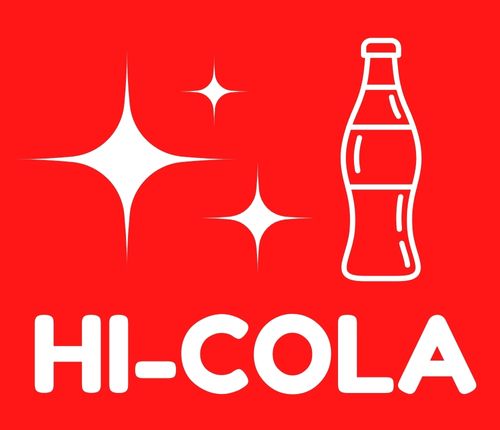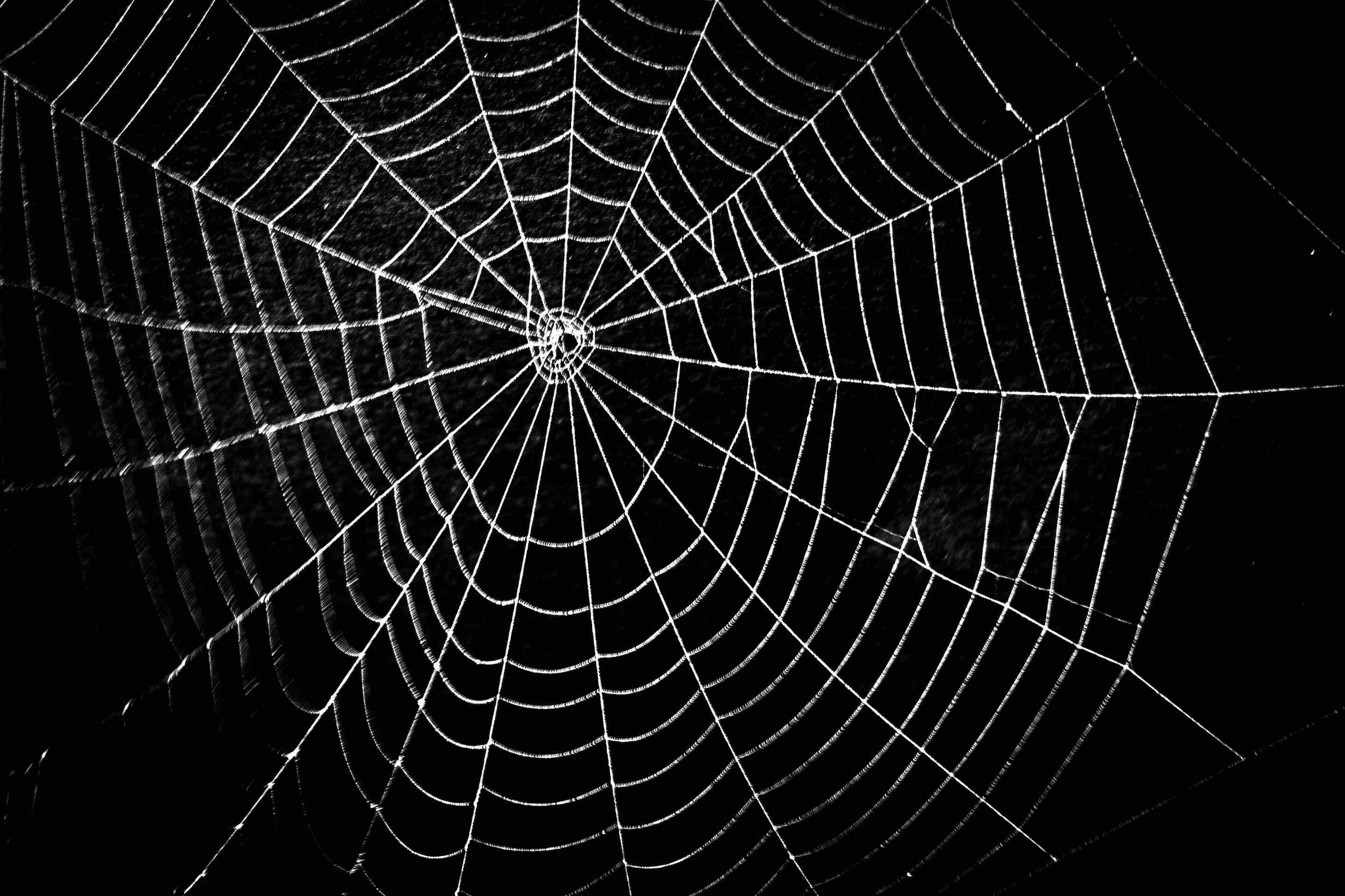15th September 2022: Digest from LVK Meeting
That's a wrap on the Cardiff LVK meeting, I'm on the train home (only now appreciating how beautiful the Cardiff-London line is!).
So what happened at the meeting? Here are some of the main takeaways for me: firstly, we're broadly on track for the o4 observing run to start in March 2023, though it's certainly going to be a busy next six months. Secondly, the Collaboration is having to think hard about how to maintain efficiency as the number of gravitational wave detections continues to rise. When you have only a few detections, many events are spectacular firsts and worth their own dedicated papers. But going forward we expect O4 to bring us hundreds of new events, so we're not in that regime any more, for sure!. Also, LVK papers are *big* pieces of work, not least due to all the moving parts involved and the Collaboration's very high standards for checks and reviews. There are also tricky scheduling issues to handle; for example, we in the Cosmology group can't go analyse the data for our purposes until we have reliable estimates of masses, spins etc. of the mergers. But that parameter estimation process itself can be a lengthy process, taking months for some events.
In a nutshell, various parts of the Collaboration rely on each other to complete certain tasks on time and hand over the baton, before they can start with their own science. Obviously in that case communication between the two thousand-odd collaboration members is really important. And that's why meetings like this are so valuable.

